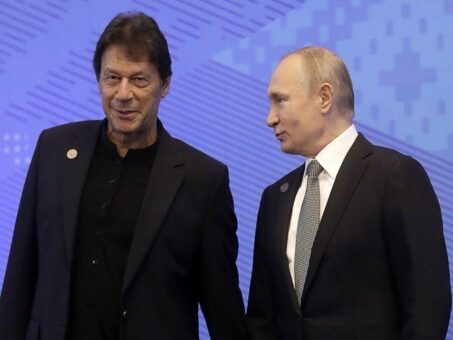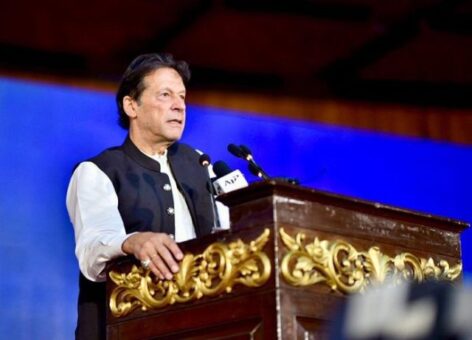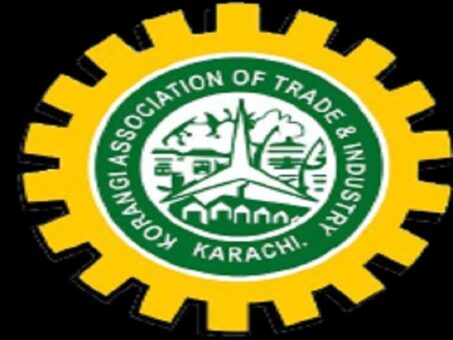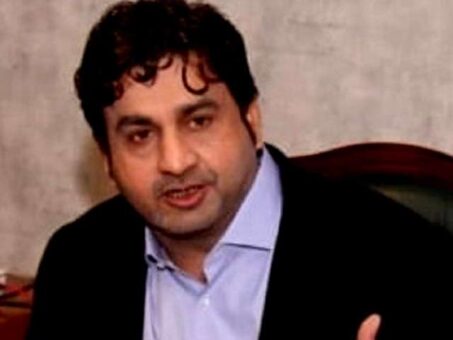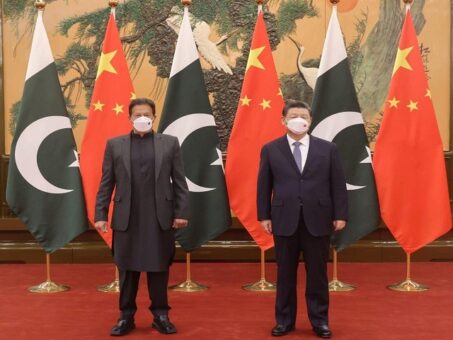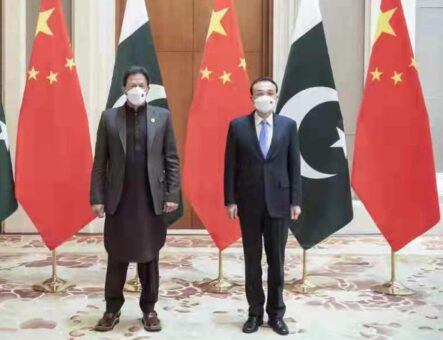ISLAMABAD: Pakistan Prime Minister Imran Khan met Chinese President Xi Jinping at the Great Hall of People in Beijing on Sunday. The two leaders reaffirmed their resolve to building of the Pakistan-China Community for Shared Future in the New Era.
The Prime Minister renewed his invitation to President Xi Jinping to undertake a visit to Pakistan at his early convenience.
This was the first meeting of the two leaders since the Prime Minister’s visit to China in October 2019.
READ MORE: Pakistan, China discuss bilateral economic, trade ties
The two leaders reviewed the entire gamut of Pakistan-China bilateral cooperation and exchanged views on regional and global issues of mutual interest, in a warm and cordial atmosphere.
Prime Minister Imran Khan congratulated the leadership and people of China on successful hosting of the 24th Olympic Winter Games in Beijing and extended his best wishes on the Chinese Lunar New Year.
The Prime Minister underscored that China was Pakistan’s steadfast partner, staunch supporter and Iron Brother. The All-Weather Strategic Cooperative Partnership between Pakistan and China had withstood the tests of times and the two nations firmly stood side by side in realizing their visions and shared aspirations of peace, stability, development and prosperity.
READ MORE: PM Imran invites Chinese companies to invest in Pakistan
The Prime Minister briefed President Xi on people-centered geo-economics vision and his Government’s policies for Pakistan’s sustained growth, industrial development, agricultural modernization, and regional connectivity.
He lauded China’s continued support and assistance to Pakistan’s socio-economic development which had greatly benefitted from the high quality development of CPEC.
The Prime Minister welcomed increased Chinese investments in CPEC’s Phase-II which centered on industrialization and improving people’s livelihoods. The Prime Minister shared his views with President Xi on growing polarization in the world which threatened unraveling of global developmental gains, and posed serious risks to the developing countries.
He highlighted that insurmountable challenges like climate change, health pandemics and growing inequalities could only be tackled though unqualified cooperation of all nations in accordance with the purposes and principles of the UN Charter.
In this regard, he lauded President Xi’s visionary Belt and Road and Global Development Initiatives which called for collective action for sustainable development and win-win outcomes.
The Prime Minister highlighted that atrocities being perpetrated in the Indian Illegally Occupied Jammu and Kashmir, and the persecution of minorities in India in advancing the Hindutva mindset of RSS-BJP, was a threat to regional peace and stability.
He added that rapid militarization of India was undermining regional stability.
Prime Minister Imran Khan highlighted that partnership between Pakistan and China was an anchor for peace and stability in the region and thanked China for its unwavering support to Pakistan’s sovereignty, territorial integrity, independence and national development.
The Prime Minister also reaffirmed Pakistan’s full support to China on all issues of its core interest. Both leaders acknowledged that a peaceful and stable Afghanistan would promote economic development and connectivity in the region and called on the international community to promptly assist the Afghan people in averting a humanitarian catastrophe.
Both leaders appreciated the signing of a number of agreements covering industrial cooperation, space cooperation, and vaccine cooperation.
